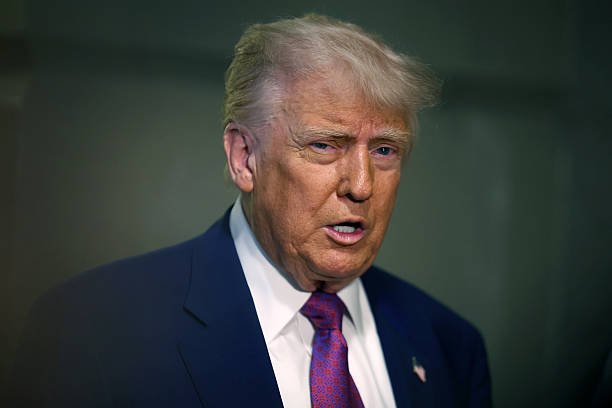In a sudden shift, US President Donald Trump has agreed to extend trade negotiations with the European Union until July 9, just days after threatening to impose 50% tariffs on EU goods by June 1. The decision came following what Trump described as a “very nice” phone call with European Commission President Ursula von der Leyen, who confirmed the EU’s readiness for “swift and decisive” talks.
The extension temporarily eases tensions in a trade dispute that has rattled global markets. Trump had previously reduced proposed tariffs from 20% to 10% to allow for negotiations, but grew frustrated with the pace of discussions before his latest threat. The EU remains America’s largest trading partner, with over $600 billion in goods exported to the US last year alone.
While both sides express optimism, fundamental disagreements remain. Trump continues pushing his “America First” agenda, arguing tariffs protect domestic jobs, while EU leaders warn such measures would harm both economies. The bloc has prepared retaliatory tariffs on $95 billion worth of US goods but has paused implementation to pursue diplomacy.
As steel and aluminum tariffs remain in place, the coming weeks will test whether the two economic powerhouses can find common ground or risk escalating a trade war that economists warn could increase consumer prices worldwide.





















